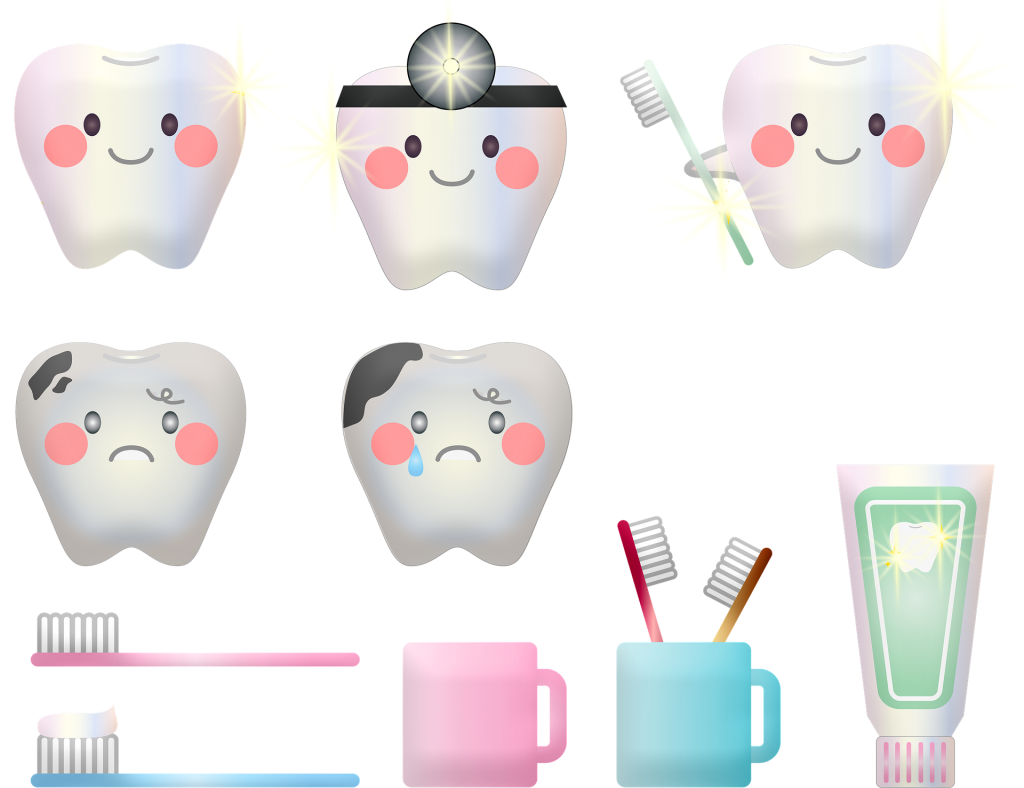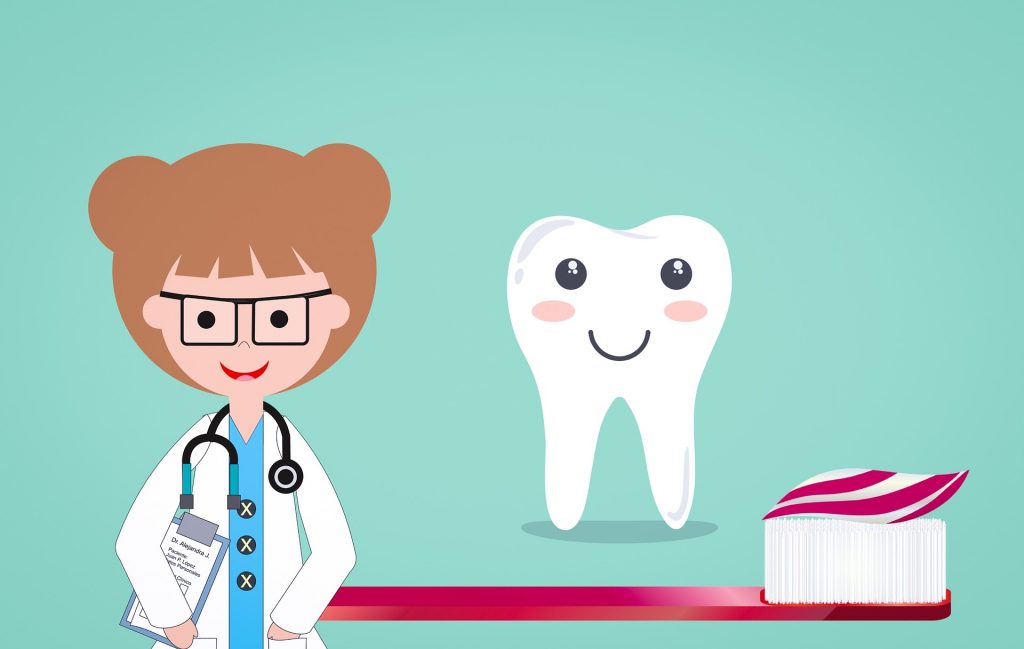Tooth enamel may be the strongest part of the human body, but that doesn’t make it impervious to chips and cracks. Small chips can usually be addressed with porcelain or composite veneers. However, broken teeth can lead to nerve exposure, pain, decay, and the possibility of losing that tooth altogether. Either way, you’re looking at a lot of dental expenses, so it’s worth taking care of your teeth and avoiding the following activities:

1. Using teeth as tools
In the moment, it might seem convenient to use your teeth to open a beer, rip open packaging, or crack open a nut. However, this is one of the most common ways to give yourself a nasty dental injury. Take a moment to find a more appropriate tool for the job, and you’ll be saving yourself a whole lot of pain, money, and regret.
2. Bruxism
Bruxism – otherwise known as grinding and clenching your teeth – can be difficult to detect as many people only do it in their sleep. Though you can’t control what you do when you’re asleep, you can take steps to prevent breakages. Common treatment options include:
- Muscle relaxants
- Botox injections
- Medication for stress and anxiety
- A custom-fitted mouthguard to protect your teeth while you sleep (this must be made by a dentist)
3. Biting into hard foods
Considering how tough your tooth enamel is, it seems ridiculous that it could break when doing the very thing it’s made to do – chewing food. However, an unpitted olive or unpopped popcorn kernel can be all it takes to put a nasty crack in your smile. When hard foods are on the menu, be sure to take each bite with care. Your teeth will remain safe, and by eating more mindfully, you may find your digestion improves too.
4. Sports injuries
Every physical activity comes with at least some risk for accidents and injuries. While you can’t wrap yourself up in cotton wool, you can reduce the chances of damaging your teeth by wearing protective gear when engaging in high-risk activities. Mouthguards may not be the most comfortable or fashionable accessories, but they’re a whole lot better than walking around with a busted tooth. Make sure you get a good quality guard and follow the instructions for preparing it carefully to ensure you get a snug fit.
5. Cavities
Cavities weaken your tooth enamel, making it far more prone to breaking, even when minimal force has been applied. If you’ve ever broken a tooth from something ridiculous, like flossing or biting into a crusty baguette, the underlying cause was likely tooth decay. To protect yourself and your teeth, ensure you have adequate dental cover, and book in with your dentist for checkups every six to twelve months. Each time you visit, ask the hygienist to give you a refresher on the best brushing and flossing techniques. Then between visits, be diligent with your oral hygiene routine.

Though the five factors listed above are the most common causes of chips and breaks, there are many lifestyle factors that also contribute. As a general rule, poor dental hygiene, irregular brushing, failure to floss, and high-sugar diets all tend to lead to damage and decay. Allow your teeth to degrade in this way, and it’s only a matter of time before you start to see cracks in your smile. However, if you care for your teeth and visit your dentist for regular checkups, you’ll be rewarded with beautiful, resilient teeth.